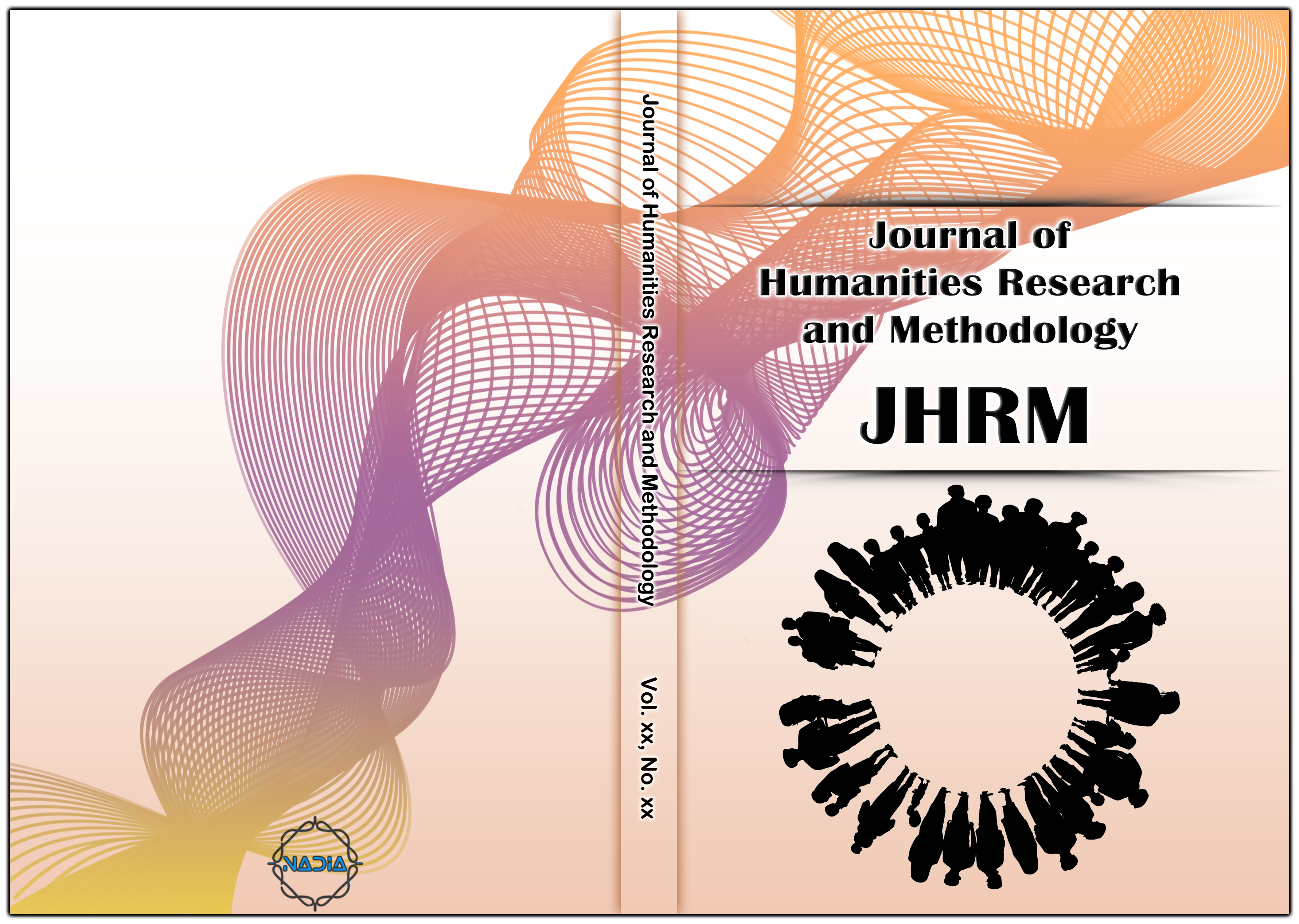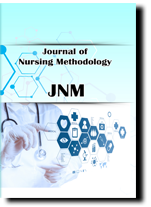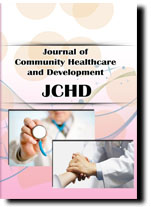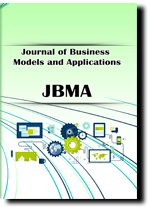[1] Erickson, E., “Identity: Youth and crisis.” New York: Norton, (1968), pp. 163-275.
[2] Kuss, D. J., and Griffiths, M. D., “Online social networking and addiction: A review of the psychological literature.” International Journal of Environmental Research and Public Health, vol. 8, no. 9, (2011), pp. 3528-3553.
[3] Xu, Z., Turel, O. and Yuan, Y., “Online game addiction among adolescents: Motivation and prevention factors.” European Journal of Information Systems, vol. 21, no. 3, (2012), pp. 321-340.
[4] D. Boyd, and N. Ellison, “Social Network Sites: Definition, History, and Scholarship.” Journal of Computer Mediated Communication, (2008), pp. 210-230.
[5] National Information Society Agency, “2017 The Statistics of Smartphone over dependence.” Addiction prevention Center (Online), (2017).
[6] Koc, M. and Gulyagci, S. “Facebook Addiction among Turkish college students: The role of psychological health, demographic, and usage characteristic.” Cyber-psychology, behavior, and Social Networking, vol. 16, no. 4, (2013), pp. 279-284.
[7] Pollet, T. V., Roberts, S. G. and Dunber, R. I., “Use of social network sites and instant messaging does not lead to increased offline social network size, or to emotionally closer relationships with offline network members.” Cyber-psychology, Behavior and Social Networks, vol. 14, no. 4, (2011), pp. 253-258.
[8] Donelly, E. and Kuss, D. J., “Depression among users of social networking sites (SNSs): The rele of SNS addiction and increased usage.” Journal of Addiction and Preventive medicine, vol. 1, no. 2, (2016), pp. 107.
[9] Sabatini, F. and Sarracino, F., “Online networks and subjective well-being,” Online networks and subjective well-being, (2014), pp. 1-40.
[10] Lin, M. P., Ko, H. C. and Wu, J. Y., “Prevalence and pstchosocial resk factors associated with internet addiction in a nationally representative sample of college students in Taiwan.” Cyber-psychology, behavior and social networks, vol. 14, no. 12, (2011), pp. 741-746.
[11] Mehdizadeh, S., “Self-presentation 2.0: Narcissism and self-esteem on facebook.” Cyber-psychology, Behavior and Social Networks, vol. 13, no. 12, (2010), pp. 357-364.
[12] Buffardi, E. L. and Campbell, W. K., “Narcissism and social networking web sites.” Personality and Social Psychology Blletin, vol. 34, (2008), pp. 1303-1324.
[13] Blackwell, D., Leaman, C., Tramposch, R., Osborne, C. and Liss, M., “Extraversion, neuroticism, attachment style and fear of missing out as predictors of social media use and addiction.” Personality and Individual Differences, vol. 116, (2017), pp. 69-72.
[14] Flores, S., “Facehooked: How Facebook affects Our Emotions, Relationships, and Lives.” Reputation Books, (2014).
[15] Akhtar, S. and Thomson, A., “Clinical features of the Narcissistic Personality Disorder.” Am J Psychoary, vol. 139, (1982), pp. 12-17.
[16] Gang, S. H. and Chung, N. W., “A study on the development and validation of the covert narcissism scale.” The Korean Journal of Counseling and Psychotherapy, vol. 14, no. 4, (2002), pp. 969-990.
[17] Waller, F. R. and Brennan, N. K., “Psychometric Properties of the Romanian version of Experiences in Close Relationships-Revised Questionnaire (ECR-R).” Procedia-Social and behavioral Sciences, vol. 78, (2013), pp. 51-55.




